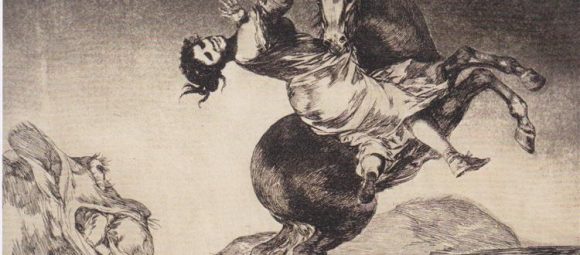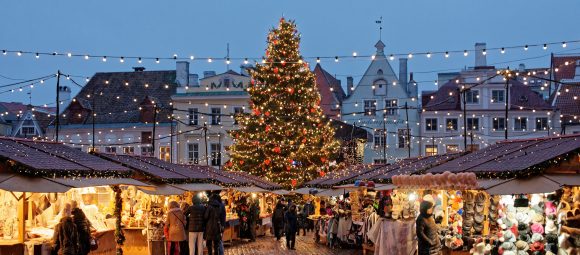1968: The Year the World Erupted
Part I – Politics, Power, and the Revolt of a Generation
There are years that pass quietly and years that roar.
1968 was an earthquake – political, moral, cultural, generational – whose aftershocks still shape the twenty-first century. In that single orbit around the sun, the world saw revolution, repression, assassination, and awakening. From Saigon to Paris, from Prague to Mexico City, entire societies confronted the limits of authority and the possibilities of freedom.
The Year Begins in War
January opened with the thunder of the Tet Offensive. North Vietnamese and Viet Cong forces struck across South Vietnam, even into the U.S. embassy in Saigon. The attacks were repelled, yet they shattered America’s confidence. Television brought the carnage into living rooms; the “credibility gap” between government optimism and battlefield reality became unbridgeable. Within weeks, support for the war collapsed — and with it, the myth of America’s invincibility.
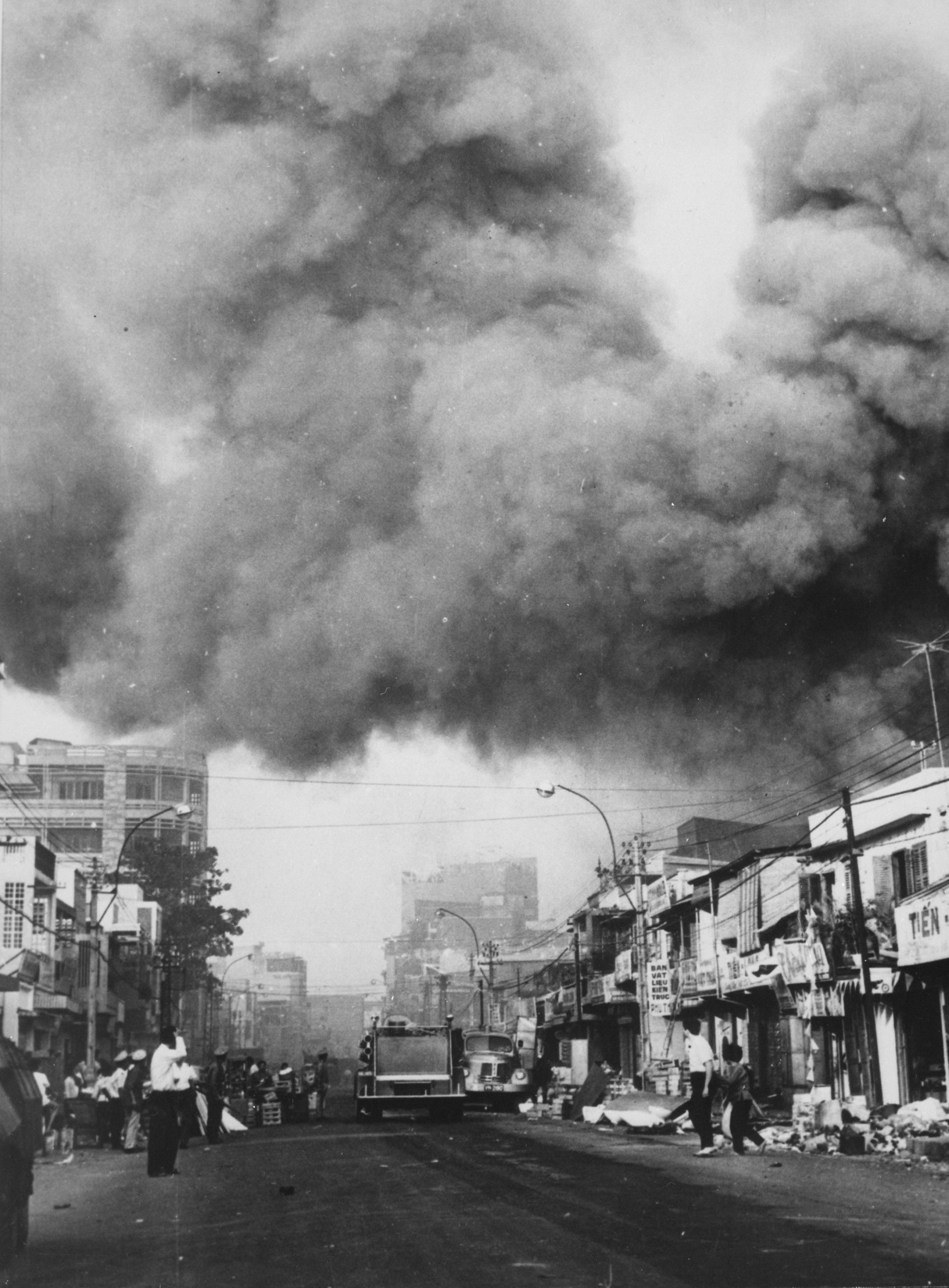
Black smoke covers areas of Sài Gòn during Tet offensive.
At the same moment, the USS Pueblo was seized by North Korea, and the Prague Spring began in Czechoslovakia. Alexander Dubček promised “socialism with a human face,” giving hope that communism could reform itself from within. Across the Iron Curtain, young people sensed that change was finally possible.
Dreams and Death in America
In April, Martin Luther King Jr. was assassinated on a balcony in Memphis.
Riots exploded in more than a hundred U.S. cities; the dream of non-violence was tested in fire. Two months later, Robert F. Kennedy, the last great hope of liberal America, was killed in Los Angeles just after winning the California primary. Television again turned grief into a collective national trauma. Between these murders and the Vietnam quagmire, trust in government disintegrated.
That summer’s Democratic National Convention in Chicago descended into chaos as protesters clashed with police under clouds of tear gas. “The whole world is watching,” chanted the demonstrators — and indeed, it was.
Revolution in the Streets of Europe
Meanwhile, Paris in May became the epicenter of a youth revolt that transcended borders. What began as student protests at Nanterre over university regulations spread to the Sorbonne, then to the factories. Within days, ten million French workers were on strike; the Fifth Republic seemed on the verge of collapse. “Sous les pavés, la plage!” –Under the paving stones, the beach! – became the slogan of a generation that demanded not just political reform but a transformation of daily life.
In Berlin, Rome, and London, students occupied campuses, questioning capitalism, patriarchy, and imperialism. They read Marx and Marcuse, listened to rock, and envisioned democracy as something lived, not delegated.
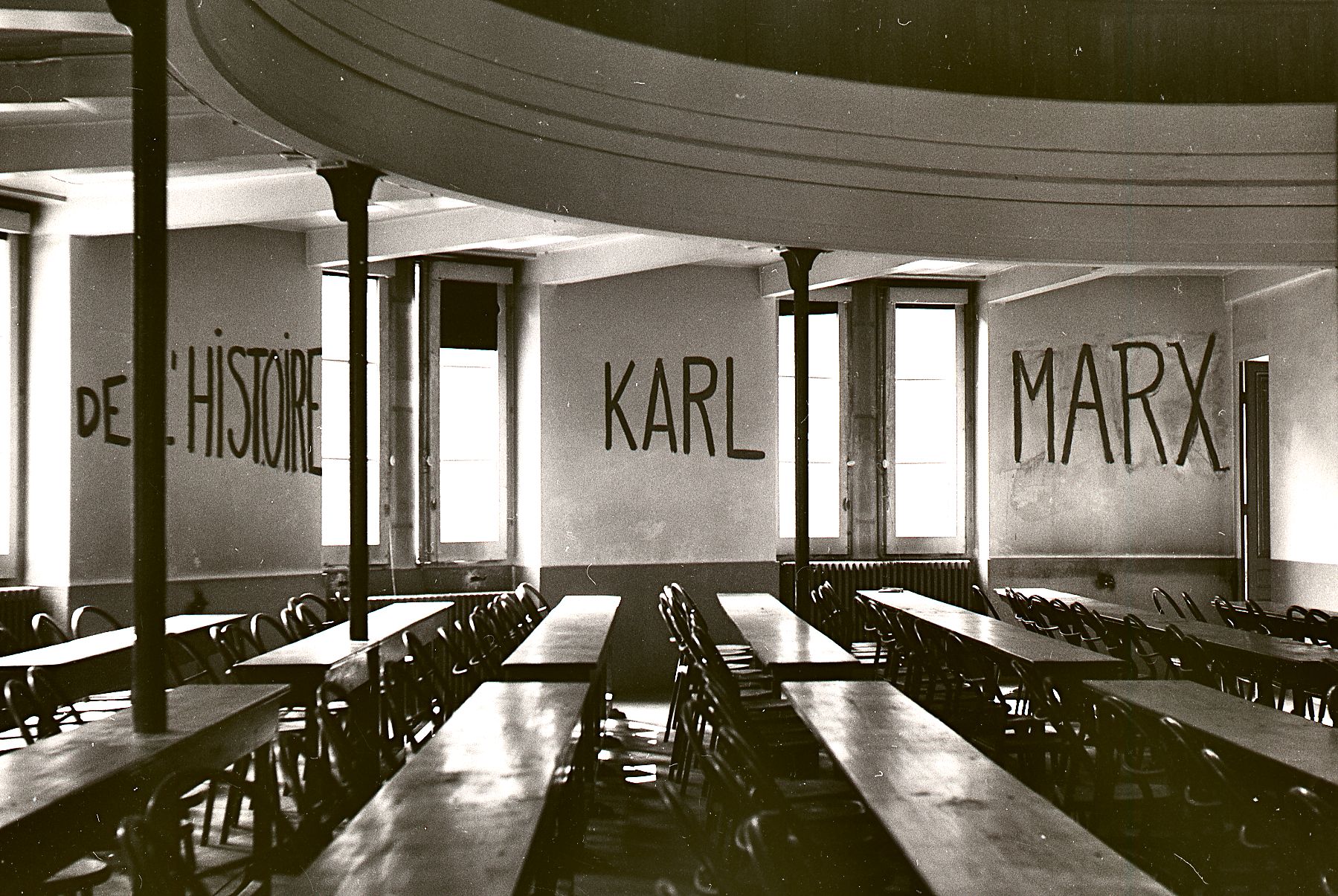
Classroom at the University of Lyon, May 1968 in France. Photo by George Garrigues
Hope and Tanks in the Eastern Europe
In Czechoslovakia, Dubček’s reforms – freedom of the press, decentralization, tolerance – inspired millions. But in August, the dream ended under the treads of Soviet tanks. The invasion by Warsaw Pact forces crushed the Prague Spring and restored orthodoxy. Still, it left a legacy of moral resistance: writers like Václav Havel would carry its spirit into the 1980s.
Voices from the Global South
Beyond Europe and America, 1968 resonated just as powerfully.
In Mexico City, students demanded democracy and an end to authoritarian rule; ten days before the Olympic Games, the army opened fire on protesters in Tlatelolco Square, killing hundreds.
In Brazil and Argentina, dictatorships tightened their grip.
In Japan, students battled police at Tokyo University.
In Yugoslavia, the first anti-communist protests erupted within a socialist state.
The rebellion was no longer East or West — it was generational and global.
The Turning of the Tide
By the year’s end, Richard Nixon was elected U.S. president on a promise of “law and order.” The conservative backlash had begun. Yet beneath the apparent return to stability, something irreversible had happened. Authority everywhere had been exposed as fragile; politics had become personal.
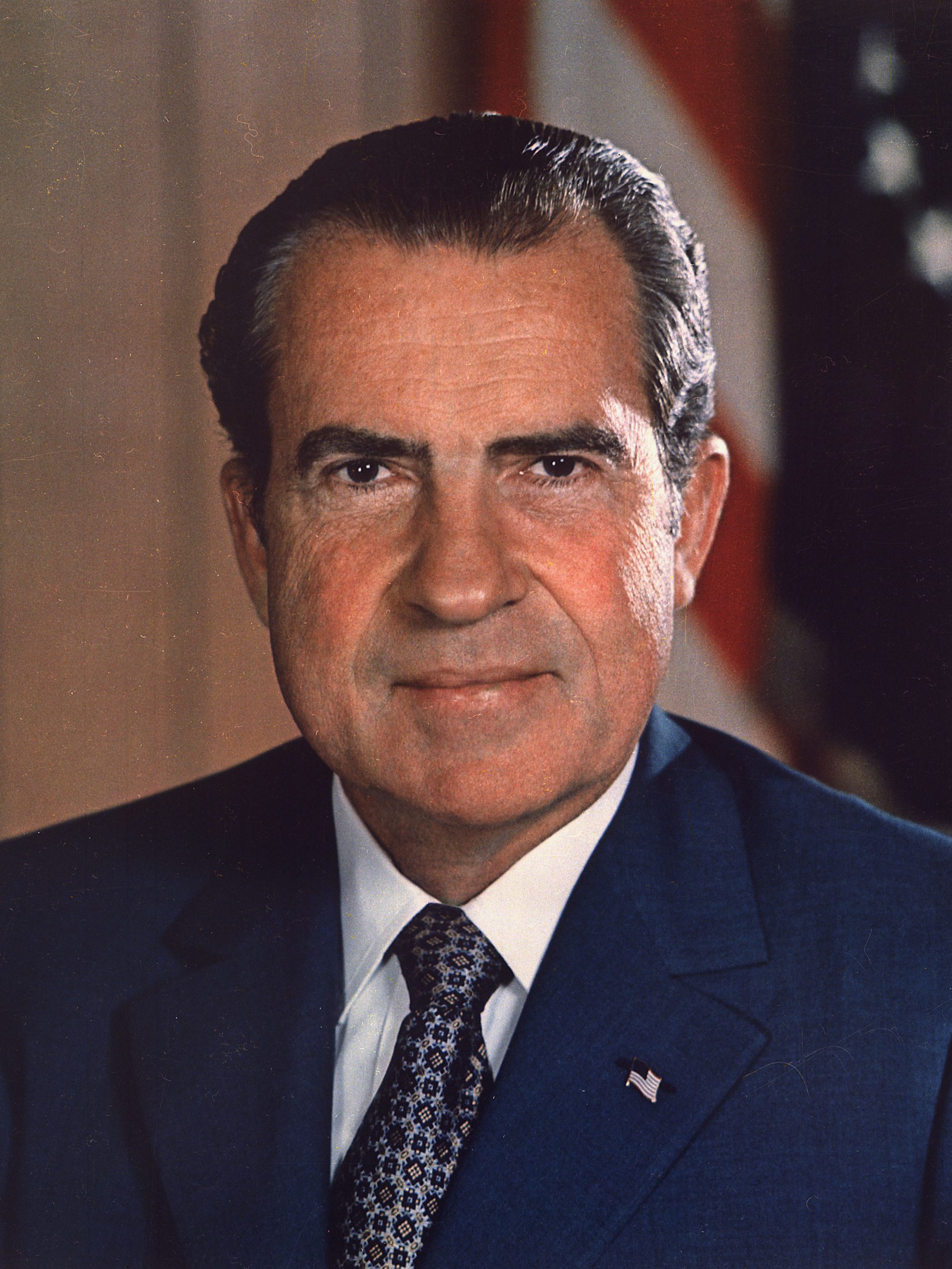
Richard Nixon’s presidential portrait
Why 1968 Changed Everything
— It destroyed the illusion of consensus that governed post-war democracies.
— It exposed the violence beneath order, from Chicago to Prague to Tlatelolco.
— It globalized protest, linking students, workers, and intellectuals across continents.
And it redefined citizenship — less a duty to obey, more a right to question.
The revolutions of 1968 largely failed to seize power, but they succeeded in changing the vocabulary of freedom. Their slogans still echo: “Be realistic — demand the impossible.”
For Part II 1968: The Year Culture Broke Its Frame click here

